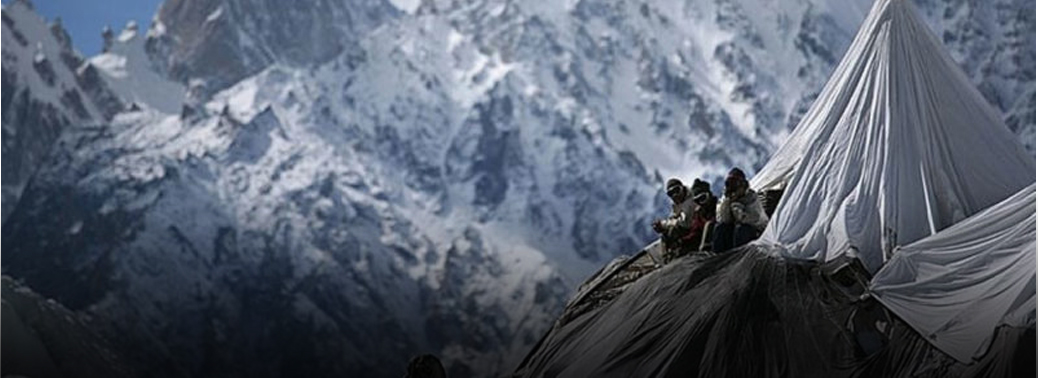Organization Of Islamic Countries Resolution On Jammu And Kashmir
02, Mar 2019

Prelims level : International
Mains level : GS: 3 Effect of policies and politics of developed and developing countries on India’s interests
In News
- India rejected a resolution by Organization of Islamic Countries (OIC) on Jammu and Kashmir saying the matter was internal.
About:
- The OIC ministerial meeting, which concluded adopted a separate resolution on Kashmir, apart from the Abu Dhabi declaration the resolutions are based on country proposals and are “not” negotiated documents.
- In the resolution, the OIC “praised” Pakistan for its “efforts” and criticized Indian state for “indiscriminate use of force against innocent Kashmiris”. It mentioned “Indian terrorism” and “blinding of Kashmiris” in the resolution.
- The OIC also asked the Indian government to rebuild Babri Masjid in Ayodhya.
- In the resolution, OIC member-states reiterated that J&K remains the core dispute between Pakistan and India, and its resolution is indispensable for peace in South Asia it added solving the matter is important for peace in South Asia.
India’s Stand:
- India said J&K is an “integral part of India and is a matter strictly internal to India”. But unlike previous statements, New Delhi did not say that OIC has no locus standi, and that India rejects the statement. “As regards the resolutions on Jammu and Kashmir, our stand is consistent and well known. We reaffirm that Jammu & Kashmir is an integral part of India and is a matter strictly internal to India,” the Ministry of External Affairs
OIC:
- The Organisation of Islamic Cooperation is an international organization founded in 1969, consisting of 57 member states, with a collective population of over 1.8 billion as of 2015 with 40 countries being Muslim Majority countries.
- The organisation states that it is “the collective voice of the Muslim world” and works to safeguard and protect the interests of the Muslim world in the spirit of promoting international peace and harmony.
- The OIC has permanent delegations to the United Nations and the European Union.
- The Organisation of Islamic Cooperation has 57 members, 56 of which are also member states of the United Nations, the exception being Palestine.
- Some members, especially in West Africa and South America, are – though with large Muslim populations – not necessarily Muslim majority countries. A few countries with significant Muslim populations, such as Russia and Thailand, sit as Observer States.






